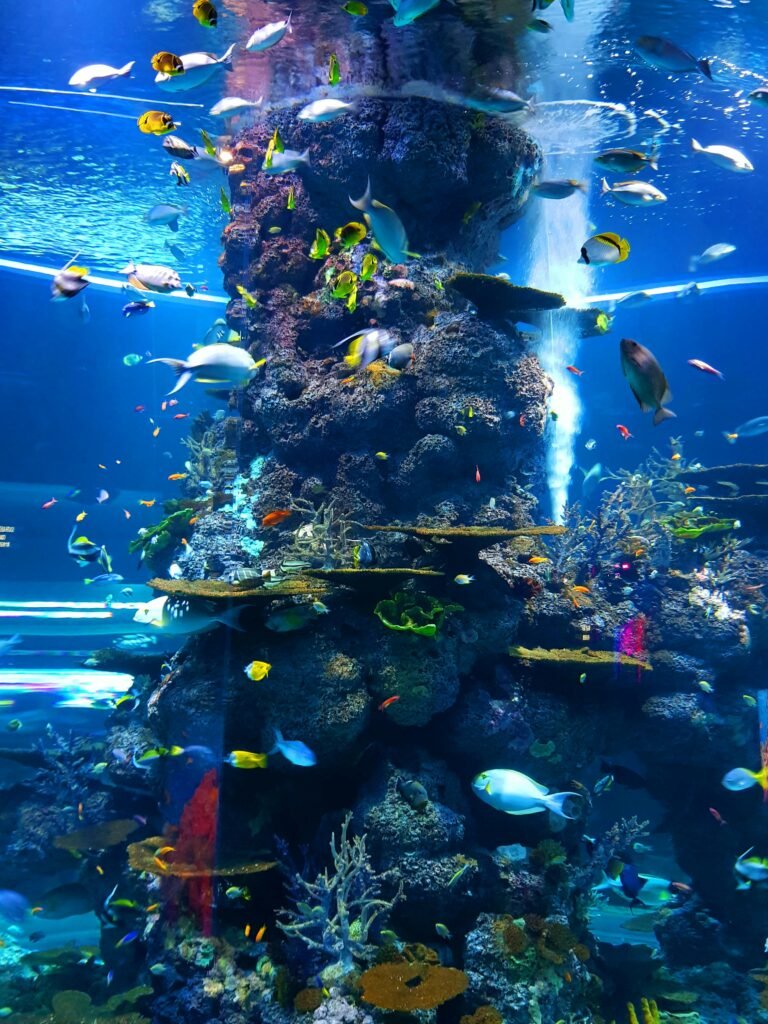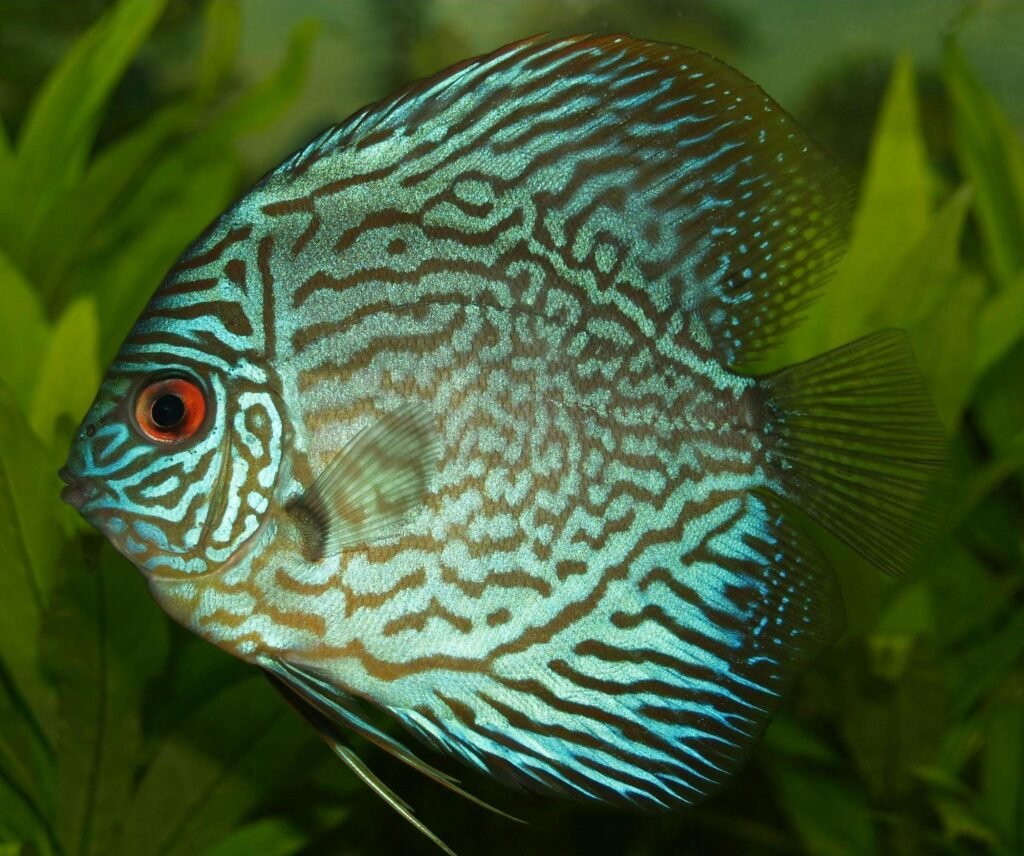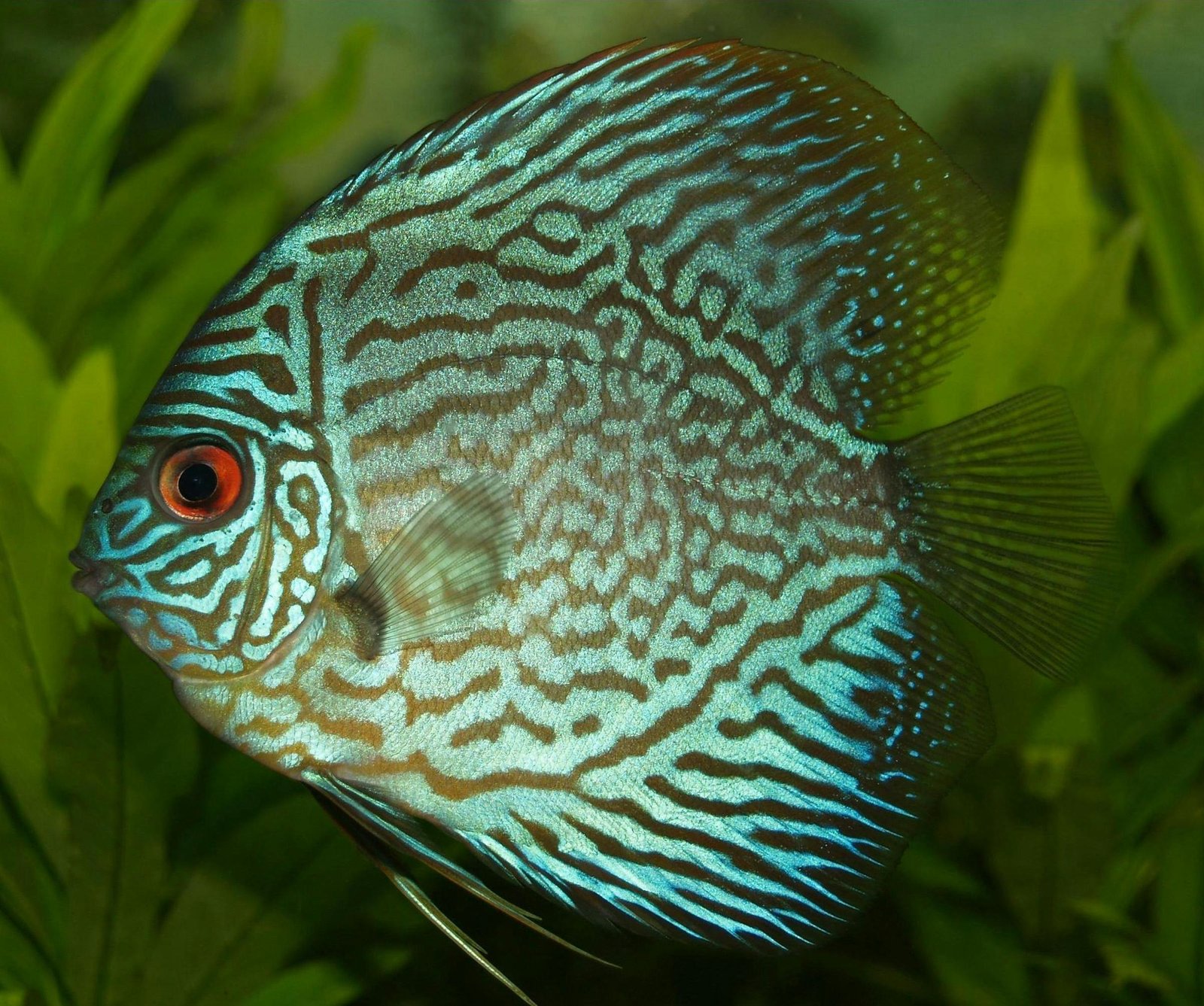Selecting the perfect fish for your aquarium is a rewarding but complex process. Whether you’re a novice or a seasoned aquarium enthusiast, understanding your setup, the needs of various species, and how to maintain a healthy ecosystem is crucial. This guide will help you choose the right fish for your aquarium while balancing aesthetics, cost, and care requirements.
Understanding Your Aquarium Setup
Before selecting fish, it’s essential to understand your aquarium’s specific parameters. Each aquarium type offers different benefits, and not all fish species will thrive in every environment.

Types of Aquariums (Freshwater, Saltwater, Brackish)
There are three main types of aquariums: freshwater, saltwater, and brackish. Freshwater tanks are typically easier to maintain and are perfect for beginners. Saltwater aquariums, while more visually striking due to the variety of fish species, require more advanced knowledge and care. Brackish tanks, a mix between freshwater and saltwater, are for specialized species that thrive in semi-saline environments.
Aquarium Size and Its Impact on Fish Selection
The size of your aquarium significantly impacts the type and number of fish you can keep. Larger tanks offer more space, reducing stress on the fish, and allow for a more diverse selection of species. Smaller tanks may limit you to fewer and smaller fish, making species selection critical.
Beginner vs. Advanced Fish Species
The right fish for your aquarium will depend largely on your experience level. If you’re just starting out, opting for hardier species that require minimal care can help avoid frustration.
Easy-to-Care-For Fish for Starters
Some species are well-suited for beginners due to their low maintenance needs. Examples include bettas, guppies, and tetras. These fish are resilient to varying water conditions and are less likely to get sick, making them ideal for those new to the hobby.
Advanced Species for Experienced Hobbyists
More advanced fish, like discus, certain types of cichlids, or marine species like clownfish, require specialized care, including precise water conditions and a specific diet. These species are best suited for experienced aquarium keepers who are ready for the additional responsibility.
Compatibility Between Fish Species
Not all fish get along well. Understanding which species can coexist peacefully is key to creating a harmonious aquarium.
Aggressive vs. Peaceful Fish
Certain fish are naturally aggressive, while others are peaceful and thrive in a community setting. Species like angelfish or tiger barbs can be territorial, especially in smaller tanks, while fish like neon tetras or mollies are generally peaceful.
Schooling Fish and Solitary Fish
Some species prefer to live in groups, known as schooling fish. Tetras, rasboras, and barbs are good examples of schooling fish, and they feel safer and behave more naturally in larger numbers. On the other hand, fish like bettas or some types of cichlids may prefer solitude and can become aggressive if housed with others of their kind.
Water Parameters and Fish Requirements
Every fish species has specific water requirements that must be met to ensure their health and well-being.

pH, Temperature, and Water Hardness Considerations
Fish thrive in water conditions that closely mimic their natural habitats. For example, tropical fish typically require warm water temperatures (between 75°F and 80°F), while goldfish prefer cooler water. The pH of the water is also critical; some fish thrive in acidic water, while others prefer alkaline conditions. Additionally, water hardness – the amount of dissolved minerals – can impact fish health.
Adapting to Specific Water Needs (Soft, Hard, Alkaline)
Certain species are more sensitive to water conditions. Softwater species like tetras and discus may suffer in hard water, while livebearers like mollies and guppies thrive in more alkaline conditions. Ensuring your water meets the needs of your fish will help prevent stress and disease.
Feeding Requirements
Feeding your fish the right diet is crucial for their overall health and longevity.
Carnivorous, Herbivorous, and Omnivorous Fish Diets
Different species have different dietary needs. Carnivorous fish like bettas and cichlids require a protein-rich diet, while herbivorous species like plecos need plant-based foods. Omnivorous fish, such as guppies and mollies, can thrive on a balanced diet of both plant matter and protein.
Special Diet Considerations for Certain Species
Some fish require special diets or feeding techniques. For example, bottom-dwelling fish like catfish and loaches need sinking pellets, while surface feeders like bettas prefer floating food. Understanding these requirements will help keep your fish healthy.
Lifespan and Growth Potential
Before purchasing fish, it’s important to understand how long they live and how large they will grow.
Understanding Fish Longevity
Fish lifespans can vary greatly. Some species, like bettas, may only live a few years, while others, like goldfish or certain species of catfish, can live for decades with proper care.
Growth Rates and Aquarium Suitability
Some fish start small but can grow significantly over time. Oscar fish, for example, can quickly outgrow a small tank. Make sure you choose fish that will remain compatible with your tank size over their lifetime.
Color and Aesthetic Appeal
One of the joys of keeping an aquarium is selecting fish that enhance the visual beauty of your tank.
Choosing Vibrant Fish for Visual Impact
Fish like neon tetras, guppies, and discus add bright colors and dynamic movement to any tank. Choosing fish with complementary colors can create a stunning display.
Combining Colors to Create a Balanced Aquarium
When selecting fish, consider how their colors will complement each other. A mix of vibrant and neutral-colored fish can create a visually balanced and aesthetically pleasing aquarium.
Cost and Maintenance of Different Fish Species
Fishkeeping can vary in cost depending on the species you choose.
Affordable Fish Options for Budget-Conscious Hobbyists
If you’re on a budget, there are plenty of affordable fish that still offer beauty and enjoyment. Species like guppies, tetras, and mollies are relatively inexpensive and easy to care for.
High-Maintenance Species and Their Requirements
Some species, such as marine fish or delicate freshwater species like discus, require more expensive equipment, frequent water testing, and specialized diets,.
